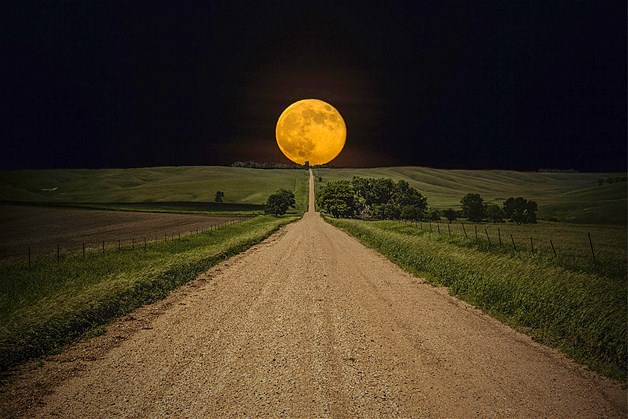
The Death of the Professional
The modern chess environment is not favourable for the common chess professional, who relies on playing opens and leagues to make a living.
The general trend of sharply increased competition from the young generation (not only Indians) coupled with the decreased prize funds and conditions for the titled players have made playing chess an impossible profession for anyone outside the top 50 (or 30, or 70, the number is arbitrary, but you get the point).
A lot of my colleagues from the "good old days" of constant open tournaments in the 90s and 00s became chess coaches, seeking stable income. One of them is GM Oleg Korneev, the player who made a huge impression from the first time I saw him in 1996.
I have written about Oleg on my blog, to my mind the best player of open tournaments in history. He rarely plays nowadays, and when he does, it is usually not very successfully, a stark contrast to his dominating years.
Oleg has strong opinions on many matters and not that long ago he wrote about the devastating effect that coaching has on the playing strength of the chess professional. He was writing from personal experience, a once formidable 2680-rated player (and top 35 in the world at his prime) he shrunk to the miserable 2457 at his lowest. When he was writing about the reasons behind the effects, I could clearly recognise a lot of them.
When coaching, the former professional must change everything that made him a good player.
He won't have time to revise and work on his own repertoire - the time will be spent on analysing and working on the students' repertoires.
By not playing, or playing rarely, he will lose the appetite for the game, or, like in my case, he will distinctly realise the difficulty of playing a game of chess against a good opponent: something that was taken as normal in the past, all the hard mental work that was necessary in order to play well, now is seen from the aspect of the enormous effort it requires. The willingness to exert oneself and work that hard day in, day out for 7 or 9 days in a row is diminishing pretty fast.
Connected to the realisation from the previous paragraph, the confidence that the player is still capable of doing it on the required level, without allowing silly blunders and lapses in concentration is no longer there.
The mental attitude that the tournament player needs, one of a bird of prey (as defined by Alekhine), is replaced by the one of a calm soother, who calms down the agitated parents and students.
Working with players who are weaker inevitably leads to the convergence of the strengths of the coach and student - the coach becomes weaker while the student becomes stronger. When players have trained with Kasparov, they inevitably played much stronger afterwards, though Kasparov was wise enough not to work with them for too long.
Each of the above factors is strong enough to undermine and destroy the citadel of chess-playing strength that the player carefully and patiently built from the beginning of his career. When you put them all together it can only mean one thing - the death of the chess professional.
I am a bit sad that the carefree days of open-hopping are over and will never return. At least I got to live them and loved them thoroughly, but the new generations will never know this kind of life. The chess players of the future will be the next superstars who will enter the coveted top 50 (or 30, or 70) while the rest will have to find their own way outside of the pure playing "for the love of the game".
Check out my Chessable courses: https://chessable.com/colovic
Join my Substack for weekly newsletters: https://substack.com/@gmalexcolovic
Follow me on Twitter! @GMAlexColovic

